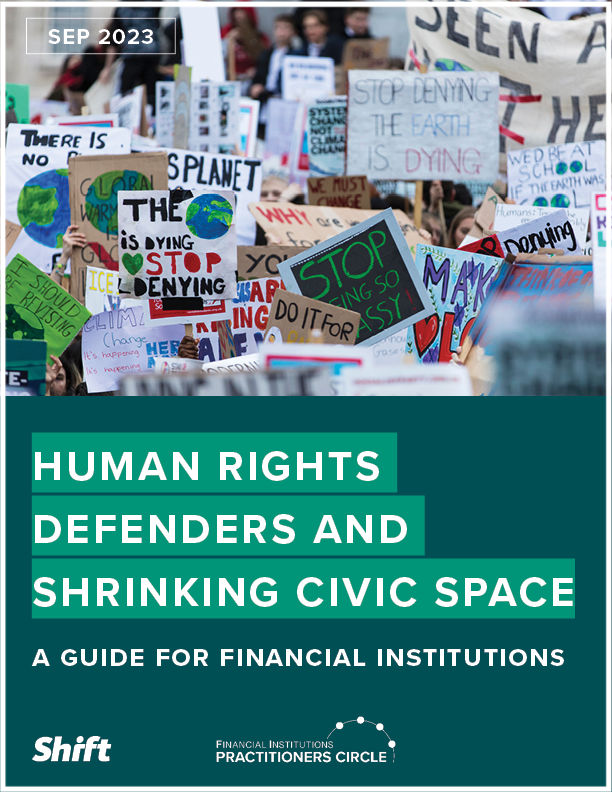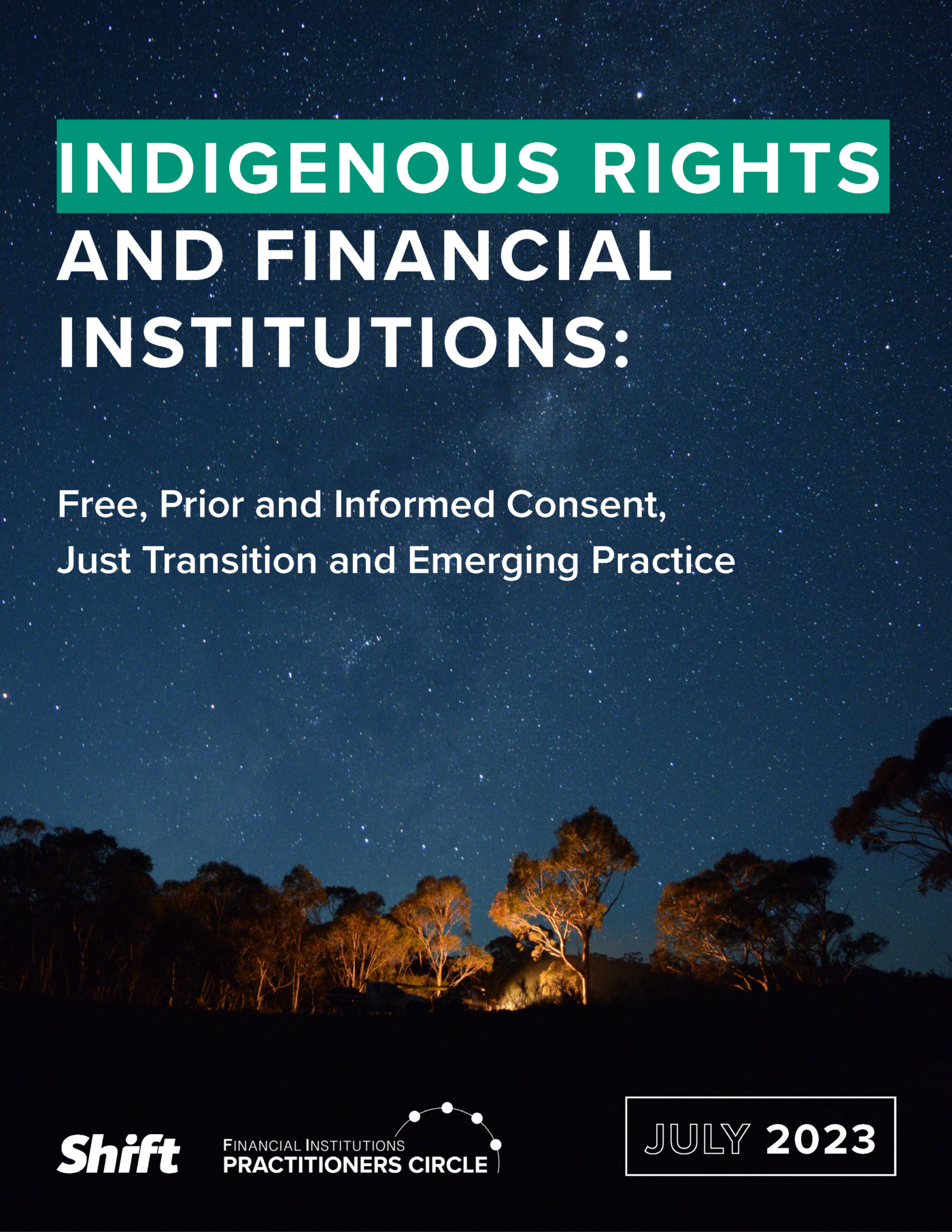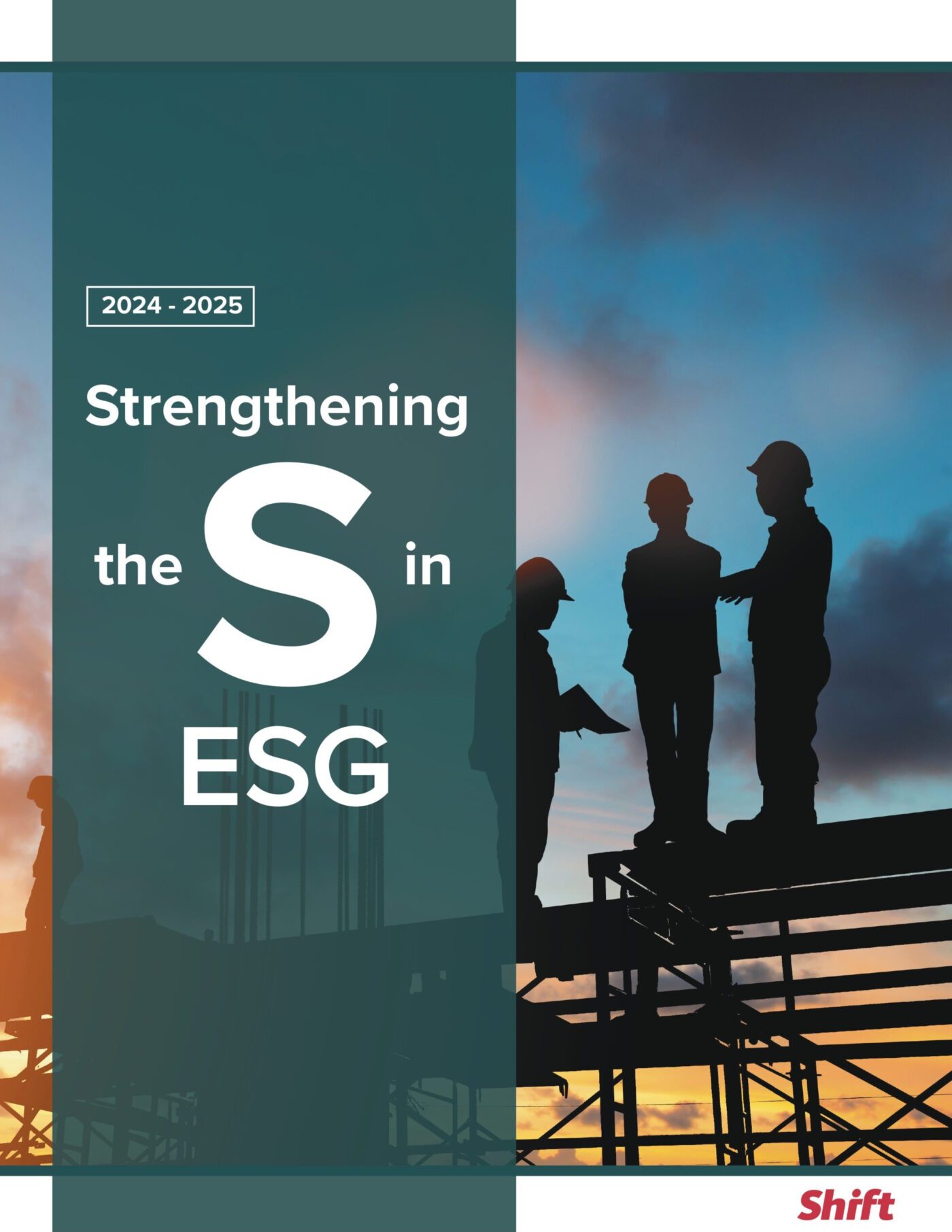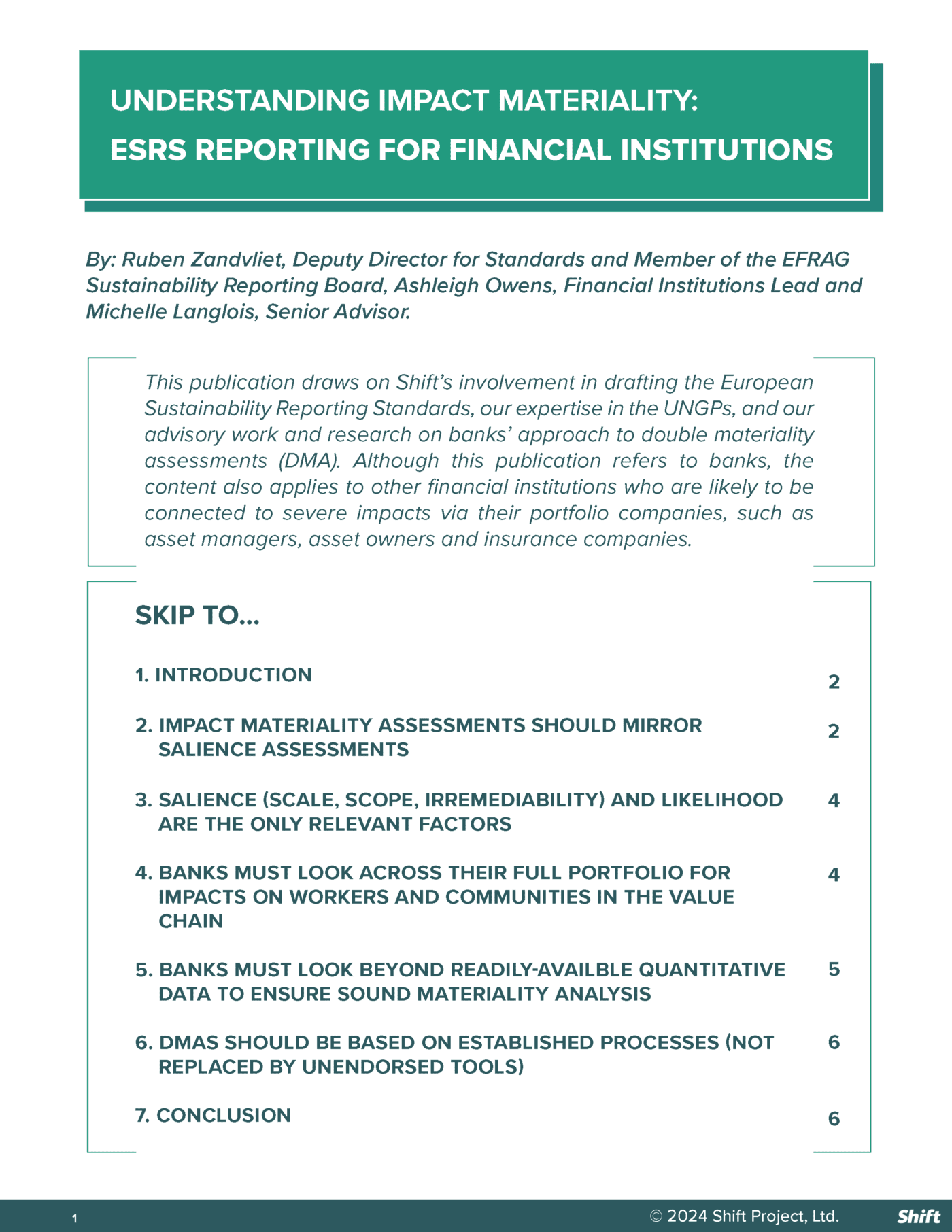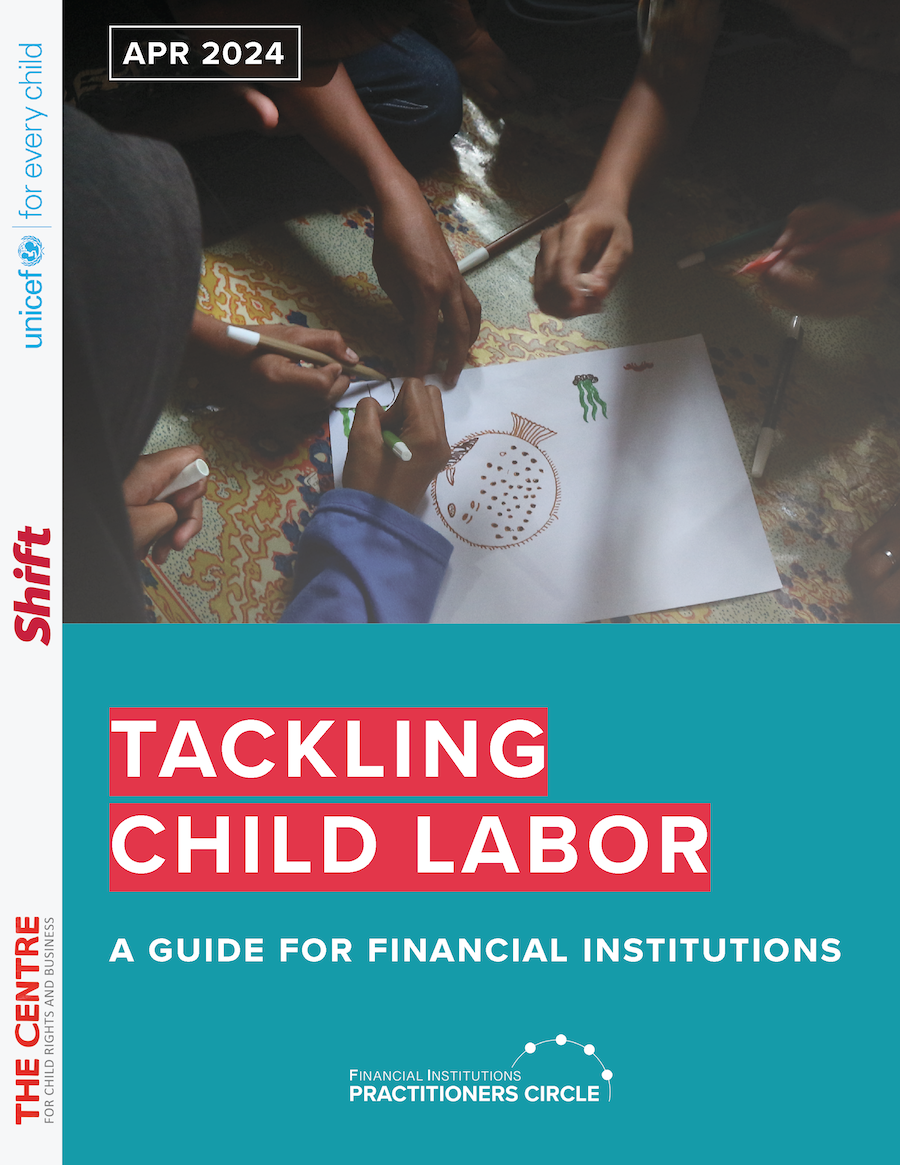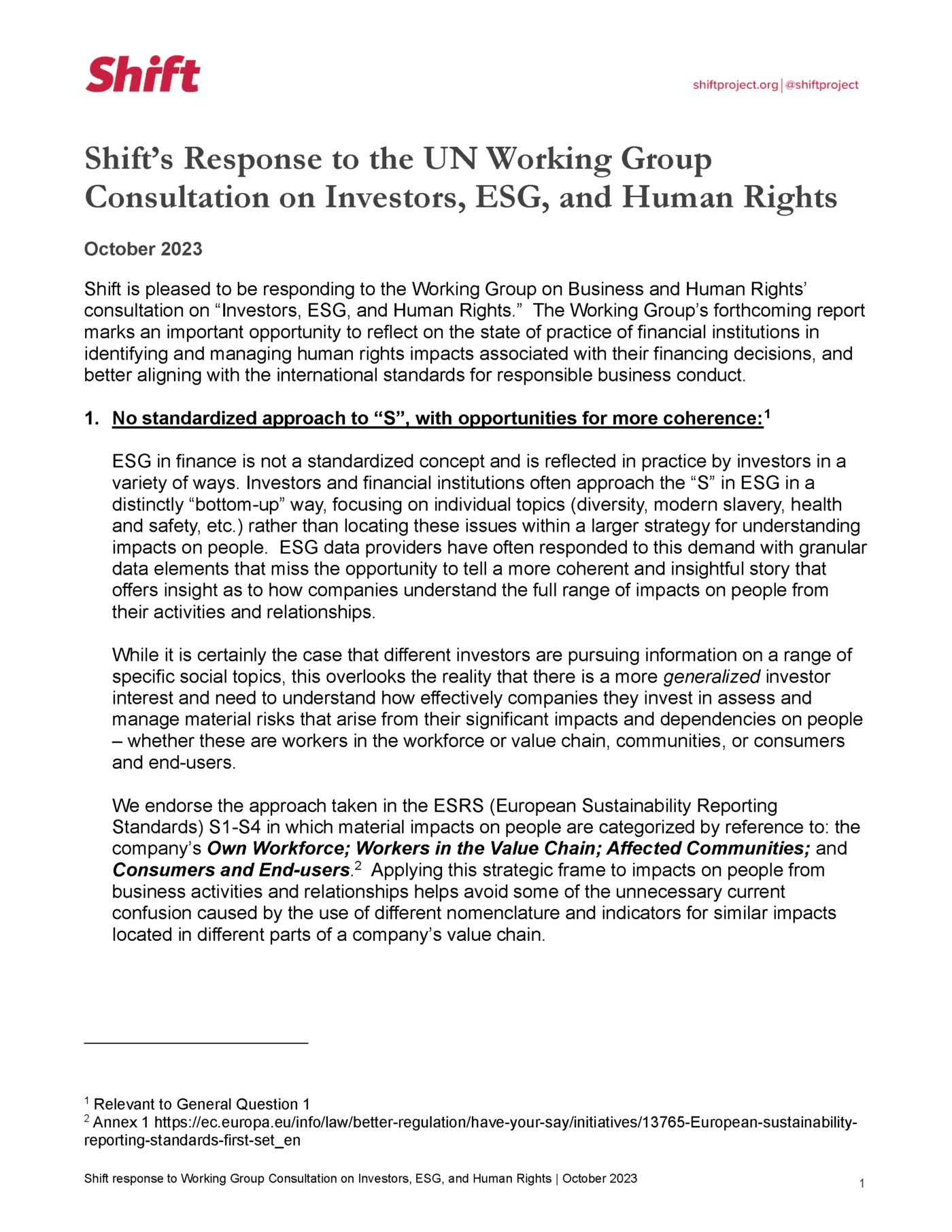From early warnings to controversy data, investors and lenders are increasingly recognizing their reliance on civil society and human rights defenders for their human rights due diligence (for more see No News is Bad News, the product of a collaboration between ABN AMRO, APG, ING, Robeco, and Morningstar Sustainalytics). This includes the essential insights they provide on salient human rights issues that are material impacts in client portfolios (e.g. for CSRD) include those impacts on people related to climate change and biodiversity loss – to which banks are connected through their financing of clients and transactions.
However, the civic space necessary for this important work is being increasingly restricted (see People Power Under Attack, CIVICUS Monitor, 2022). In 2022 alone the Business and Human Rights Resource Centre tracked 555 lethal and non-lethal attacks against human rights defenders. And according to Global Witness’ report, Standing firm: The Land and Environmental Defenders on the frontlines of the climate crisis, at least 177 land and environmental defenders lost their lives last year.
So, what role can – and should – financial institutions play in addressing shrinking civic space? In our latest Financial Institutions Practitioners Circle report, Human Rights Defenders and Shrinking Civic Space: A Guide for Financial Institutions, we explore key aspects of this challenge, including how banks can start to overcome the barriers they may face when engaging with civil society and human rights defenders.
